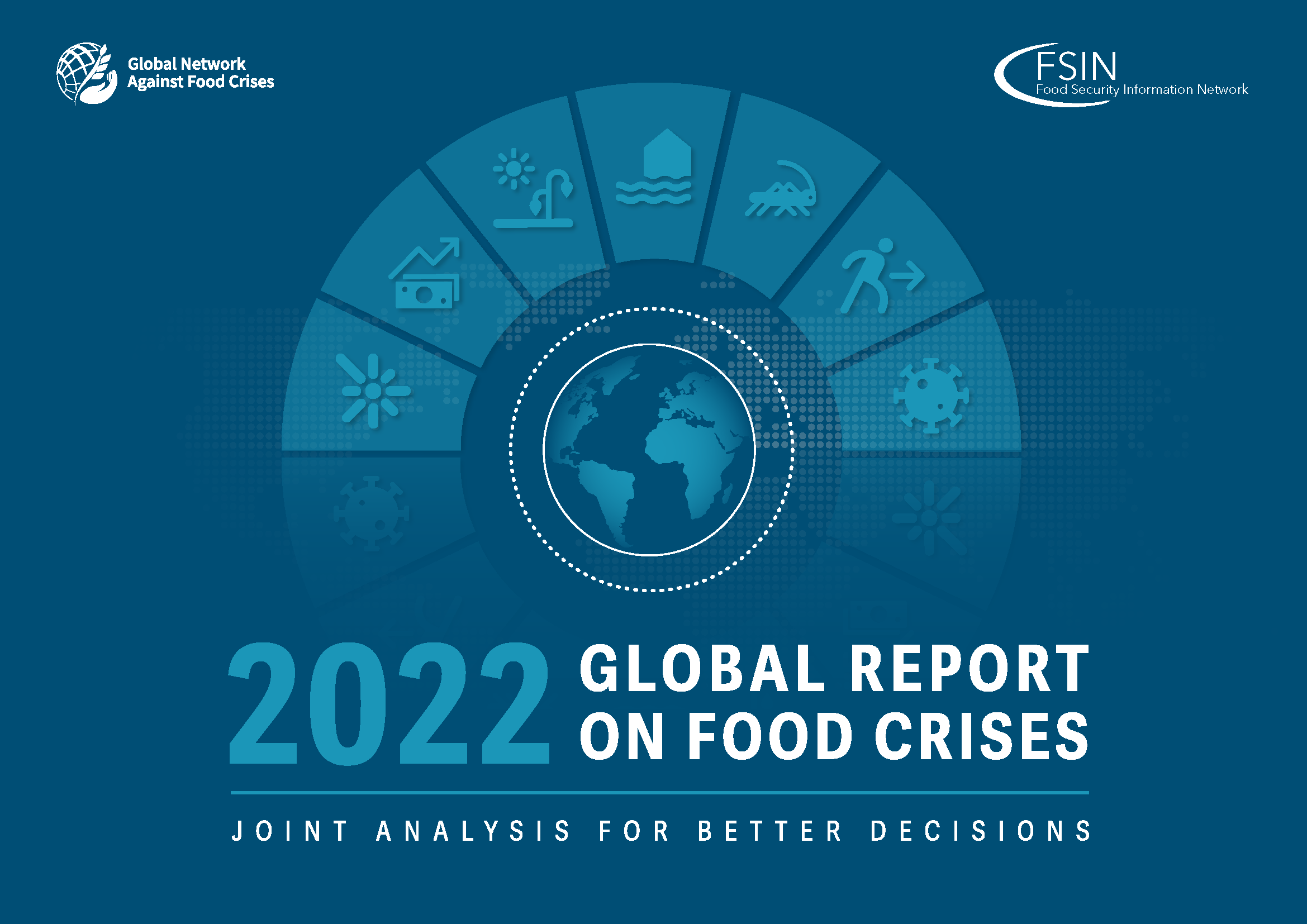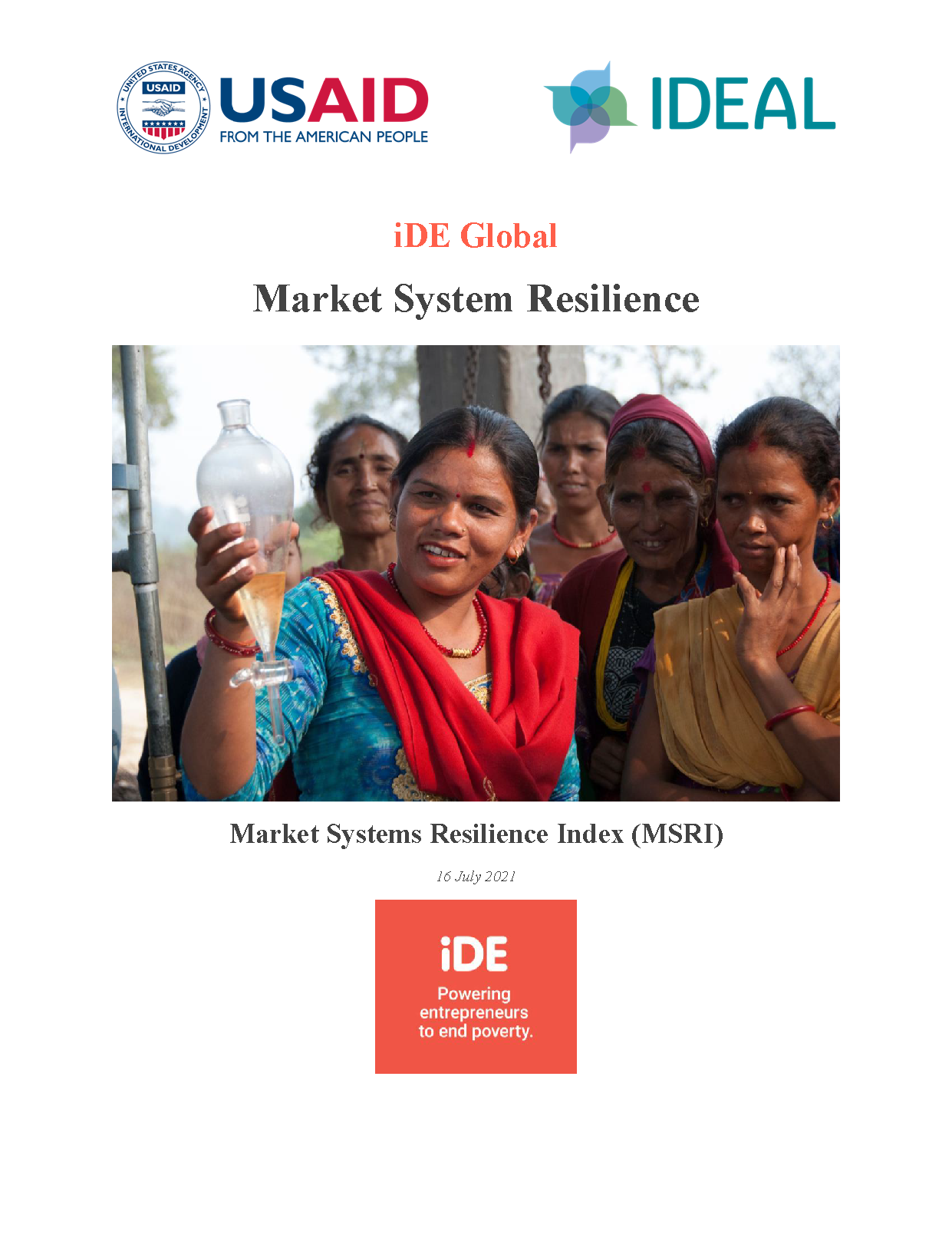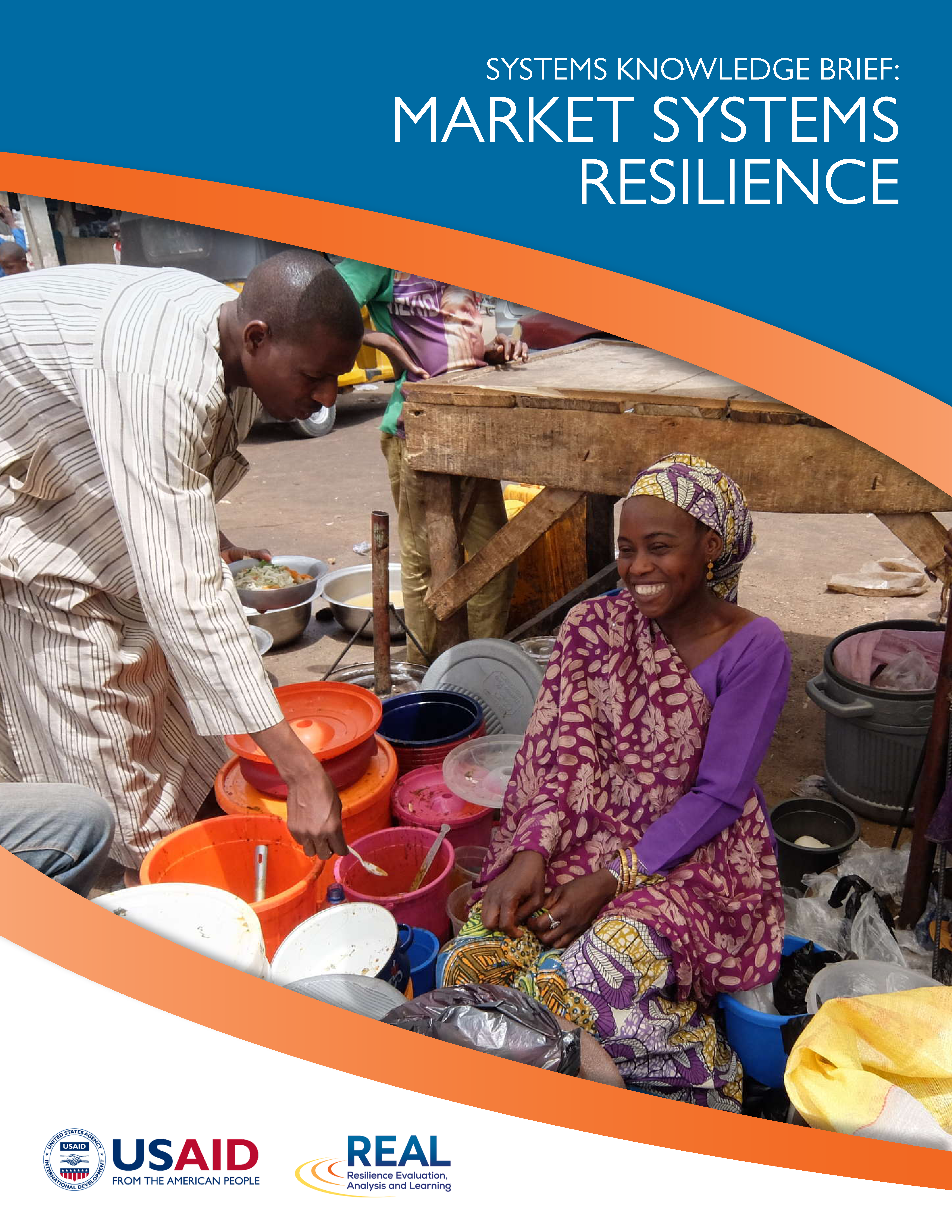Search Results
Supporting Successful Transitions to Local Actors
Local actors play a key role in fostering sustainable results across humanitarian, development, and peace assistance work. To enable transitions from international to locally-led development, international non-governmental organizations (INGOs) need to intentionally align with the realities in the communities in which they work, something local actors are often already doing. Stopping As Success (SAS+) is a collaborative learning project which advocates for locally-led development by using evidence from 13 countries to inform responsible INGO transitions. This session explored how two SAS+ partners —Nuru in Kenya and Coffee for Peace in the Philippines— have enhanced local leadership in their context. This
2022 Global Report on Food Crises
Authors:
Global Network Against Food Crises |
Food Security Information Network
Sector Type:
Emergency Food Security Assessments/Analyses |
Monitoring and Evaluation
Year Published:
2022
2022 Global Food Policy Report: Global Launch
Join IFPRI for the global virtual launch event of their 2022 Global Food Policy Report. During the launch, speakers will highlight key findings in the 2022 report and engage in a panel discussion. The report highlights the urgency of accelerating innovation, reforming policies, resetting market incentives, and increasing financing for sustainable food systems transformation. It sets forth a broad range of policy options for accelerated action by policymakers as well as international forums for policy and investment decision-making.
Market Systems Resilience Index
Authors:
IDEAL |
iDE
Sector Type:
Market Systems |
Resilience Assessments & Measurement
Year Published:
2021
QualME: Implementing Qualitative Data Collection
Join the QualME (Qualitative Monitoring and Evaluation) Peer Community for a meeting on Qualitative Data Collection. Presenters from Save the Children Colombia and Causal Design will discuss: Data Collection: qualitative interviewing and notetaking best practices; Tips for creating succinct data collection tools; Scorecards: use of information in the community and return of information to the community; and Field logistics and training for qualitative teams including remote trainings best practices. This event will include small group discussions facilitated by QualME core group members. QualME is a peer community supported by IDEAL designed to advance M&E qualitative best practices and tools and
Systems Knowledge Brief: Market Systems Resilience
Authors:
REAL
Sector Type:
Market Systems |
Agriculture and Livelihoods
Year Published:
2022